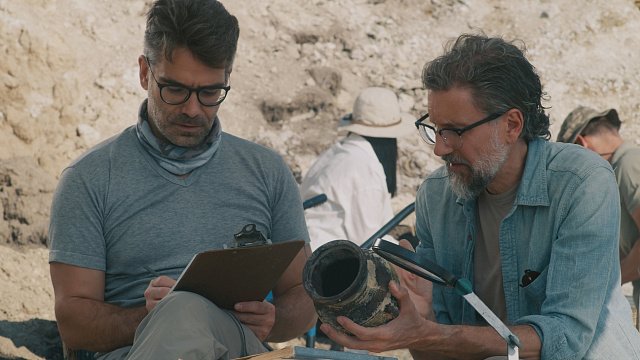19.06.25
16:30
China–Uzbekistan archaeological partnership uncovers Iron Age city-state
Typological analysis and scientific dating confirm that the settlement was established in the 9th century BCE
In a new discovery that deepens our understanding of early urban civilisations in Central Asia, Chinese and Uzbek archaeologists have unearthed the remains of an Iron Age city-state in the Surkhandarya River basin in southern Uzbekistan. This is reported by
Xinhua News Agency, a partner of TV BRICS.
The results stem from three excavation seasons conducted between 2024 and 2025. The joint team surveyed 47 sites across the Surkhandarya basin and identified the area as a major city-state of ancient Bactria.
Excavations revealed a large, fortified settlement with 7-metre-thick and 2-metre-high mud-brick defensive walls, a substantial interior structure featuring two square earthen columns, a clay platform in one corner, and a carefully constructed stone door socket beneath the threshold.
Numerous artefacts were recovered, including domestic pottery, grinding stones, and agricultural tools, along with bronze arrowheads and blades, offering a rich material record of daily life, trade, and craftsmanship during the early Iron Age.
Typological analysis and scientific dating of ceramic fragments confirm that the settlement was established in the 9th century BCE and abandoned in the 6th century BCE.
Experts believe that these findings are critical for reconstructing the urban layout, architectural style, and socio-economic structure of Iron Age city-states in southern Central Asia, filling a key gap in the region’s historical chronology.
Photo:
iStock
Back


